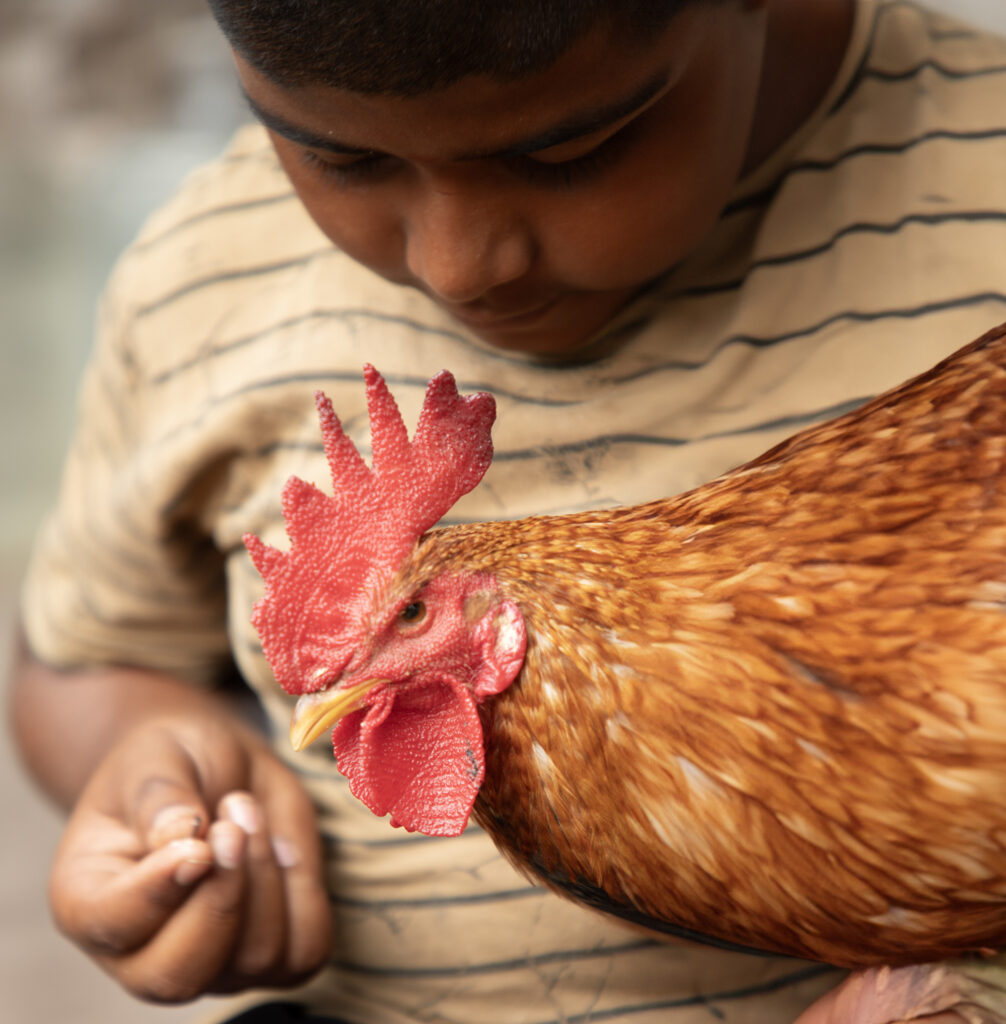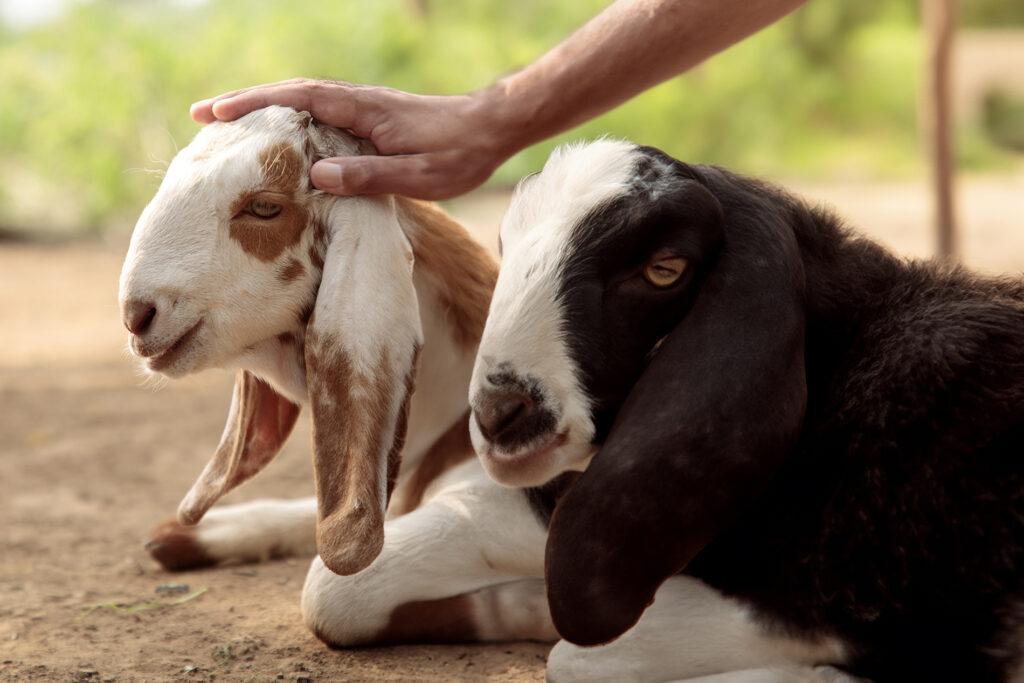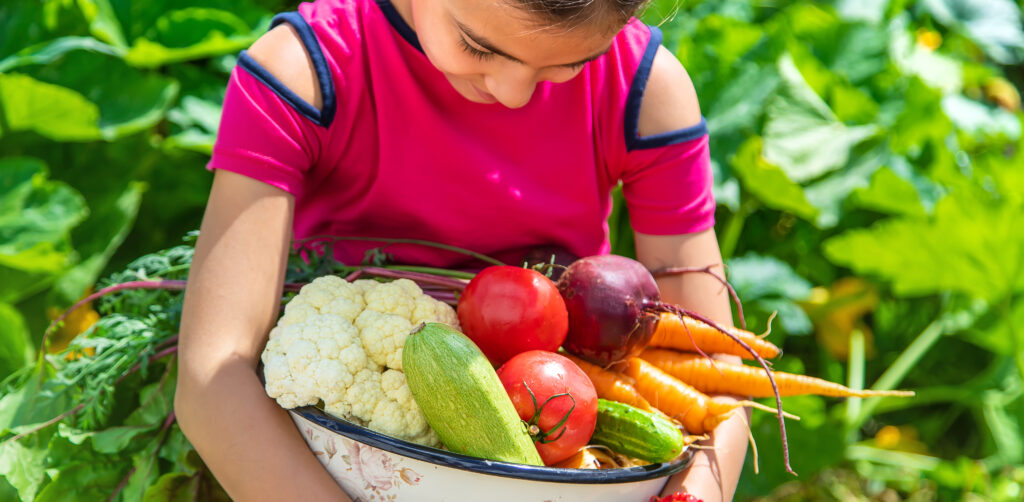Compassion towards animals, an inherent quality we are all born with
Children naturally exhibit kindness and compassion towards animals, a quality often seen in their interactions with animals. This inherent empathy stems from their innocence and unconditioned perspective on life. In the eyes of a child, animals are not categorically divided into “pets” or “food”; instead, they are fellow beings deserving of care and respect. This instinctive kindness towards animals is a fundamental part of childhood, yet as children grow older, societal conditioning often overrides this innate compassion, leading many to view animals as commodities, particularly in the context of food consumption.

The bond between children and animals is typically one of curiosity, affection, and empathy. Children are often taught from a young age to be gentle with companion animals, to admire the beauty of wild animals, and to appreciate the lives of all creatures. They frequently express concern when an animal is hurt or in distress, showcasing a deep, instinctual understanding that animals, like humans, experience pain, fear, and joy. This natural compassion aligns with a child’s broader sense of fairness and justice; children often believe that all beings should be treated kindly, regardless of species.

However, as children grow older, they are gradually exposed to the cultural norms and practices of their society, many of which include the consumption of animal products. This introduction often begins innocuously, with family meals that include meat, dairy, or eggs, without any explicit explanation of where these products come from or what their production entails. Over time, children learn to dissociate the food on their plate from the living animals they once felt so strongly about. This process of dissociation is a form of cognitive dissonance, where children are taught to ignore the connection between their food and the animals they empathize with.
Societal conditioning plays a significant role in this shift. Parents, educators, and media often reinforce the idea that eating animals is normal, necessary, and even beneficial. Children may be told that certain animals are meant to be eaten, while others are meant to be cared for, creating a hierarchical view of animals that contradicts their earlier experiences of universal kindness. The meat industry and food advertising further solidify this belief by presenting meat as a product, carefully packaged and distanced from the living beings they once were.
As this conditioning deepens, the initial empathy children feel towards animals is often overshadowed by normalized behaviors and beliefs. Many children grow into adults who no longer question the morality of eating animals because the practice has become so ingrained in their daily lives. The kindness they once felt towards all animals may become selective, reserved only for pets or certain favored species, while farm animals are viewed merely as sources of food.
The loss of this inherent kindness towards animals is not an inevitable process, however. It is possible to nurture and sustain a child’s natural empathy by providing them with accurate information about where their food comes from and encouraging compassionate choices. Parents and educators who emphasize the value of all animal life and promote plant-based diets can help children retain their instinctive kindness as they grow. In doing so, we can foster a generation that not only cares for animals but also questions the societal norms that encourage their exploitation.

Ultimately, while societal conditioning can diminish a child’s innate compassion towards animals, this empathy never truly disappears. With the right guidance and encouragement, it can be rekindled and nurtured into a lifelong commitment to kindness and ethical living.
Pledge to try veg

